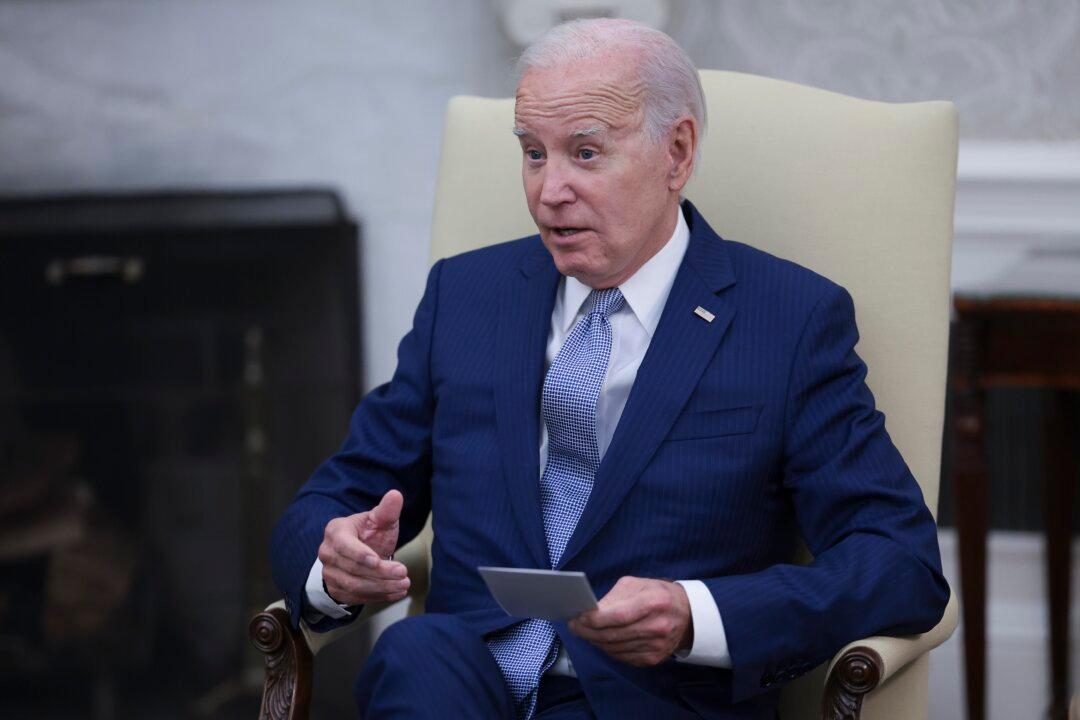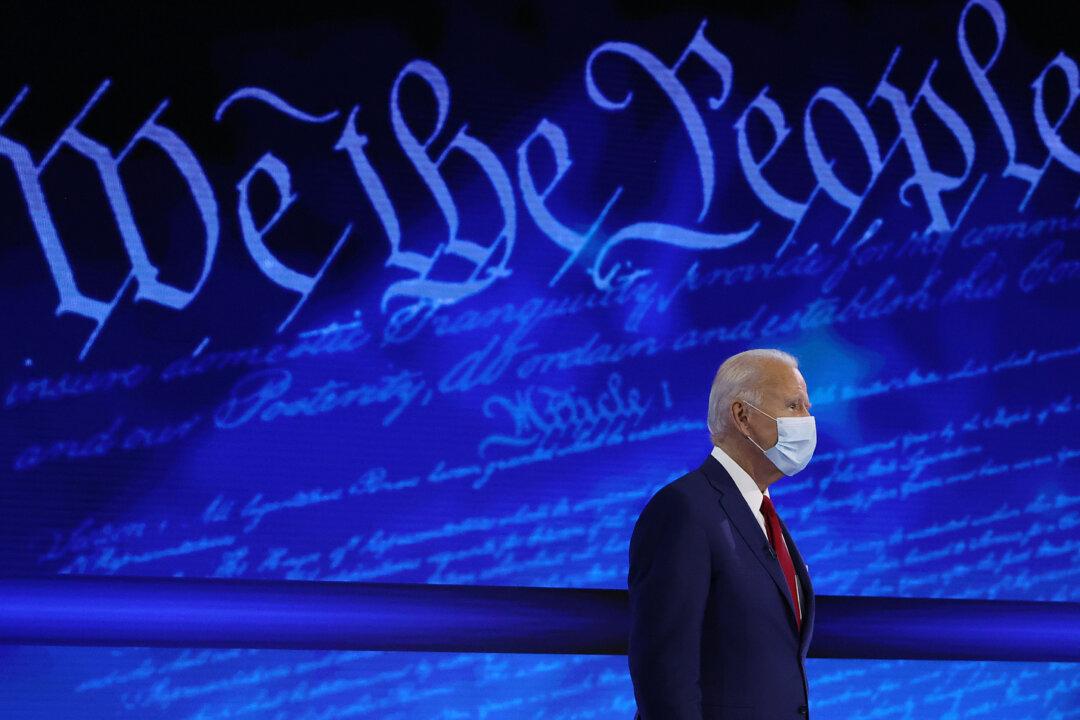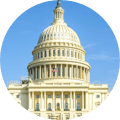Focus
polarization
LATEST
The United States: Divided in More Ways Than One
The United States is polarized and so are members of its major political parties, especially on foreign policy. Results of a Pew Research Study released on April 5 suggest that isolationist tendencies are tempered by recognition for the practical need for international engagement. “Wariness of international engagement coexists with unilateralist assertiveness on some issues and a belief that the United States is a force for good,” explains Bruce Stokes, director of global economic attitudes at the Pew Research Center. “For the most part, there is no evidence that the American public has become more isolationist, protectionist, or unilateralist in this election year—despite the raucous debates.” The survey suggests that, amid many global challenges, two thirds of Americans agree the next president should focus on domestic policies. Deep divisions in the electorate and within each party increase uncertainty, itself a threat for a strong economic comeback. While polarization will linger, Stokes concludes that the election results will influence the U.S. role in the world.
|
The United States: Divided in More Ways Than One
The United States is polarized and so are members of its major political parties, especially on foreign policy. Results of a Pew Research Study released on April 5 suggest that isolationist tendencies are tempered by recognition for the practical need for international engagement. “Wariness of international engagement coexists with unilateralist assertiveness on some issues and a belief that the United States is a force for good,” explains Bruce Stokes, director of global economic attitudes at the Pew Research Center. “For the most part, there is no evidence that the American public has become more isolationist, protectionist, or unilateralist in this election year—despite the raucous debates.” The survey suggests that, amid many global challenges, two thirds of Americans agree the next president should focus on domestic policies. Deep divisions in the electorate and within each party increase uncertainty, itself a threat for a strong economic comeback. While polarization will linger, Stokes concludes that the election results will influence the U.S. role in the world.
|








